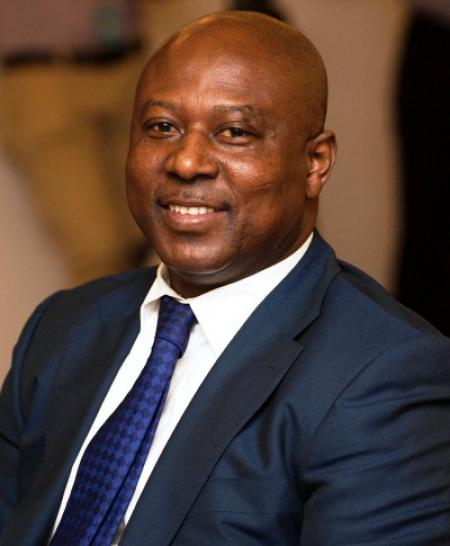With the worst of the energy crisis seemingly over, Ghana's prospects look brighter, despite ongoing global uncertainties, Abdul-Nashiru Issahaku, the Governor of the Bank of Ghana said.
Issahaku told the global publishing firm, Oxford Business Group (OBG) in an interview that improvements in the country's energy supply were evident, while other remedial measures had helped Ghana to address its fiscal imbalances, boost investor confidence and secure macroeconomic stability.
"Real growth for 2016 has been revised downwards... " he said. "However, there are signs that point to a rebound in growth... "
Issahaku added that key developments, including new production at several oil and gas fields, should enable Ghana to meet growth projections of 7% in 2017, rising to 8% the following year.
Issahaku was also cautiously upbeat about the cedi's prospects, saying he didn't expect the local currency to come under the same levels of pressure seen in 2014 and 2015.
"In tandem with fiscal consolidation, the central bank has instituted measures including tightening the monetary policy and tweaking the forex surrender policy," he said.
The full interview with Governor Issahaku will appear in The Report: Ghana 2017, OBG's forthcoming publication on the country's economy.
The report will include in-depth analysis of Ghana's banking industry, alongside interviews with representatives from both the private and public sectors.
Topics explored will include the shift away from branch banking towards digital services, which is helping lenders to meet the needs of younger customers and reach rural communities in a country where an estimated 70% of the population remains unbanked.
Key trends, such as the allocation of resources to e-banking and partnerships with technology companies will be analysed in detail.
Frank Adu Jnr., the Managing Director of CAL Bank, is one of the industry representatives who shares his thoughts on the "bricks to clicks" transition which is helping lenders to tap a new client base.
"The future of Ghana's financial services sector will depend on the evolution and successful implementation of technology tools, particularly when it comes to accessing the large demographic of customers aged 18 to 35," he told OBG.
"Complex structured transactions and corporate finance structures will not be easily digitised, but we will in time see the digitisation of all standard services previously provided in a brick-and-mortar bank."
To read the full piece from All Africa, click here.

